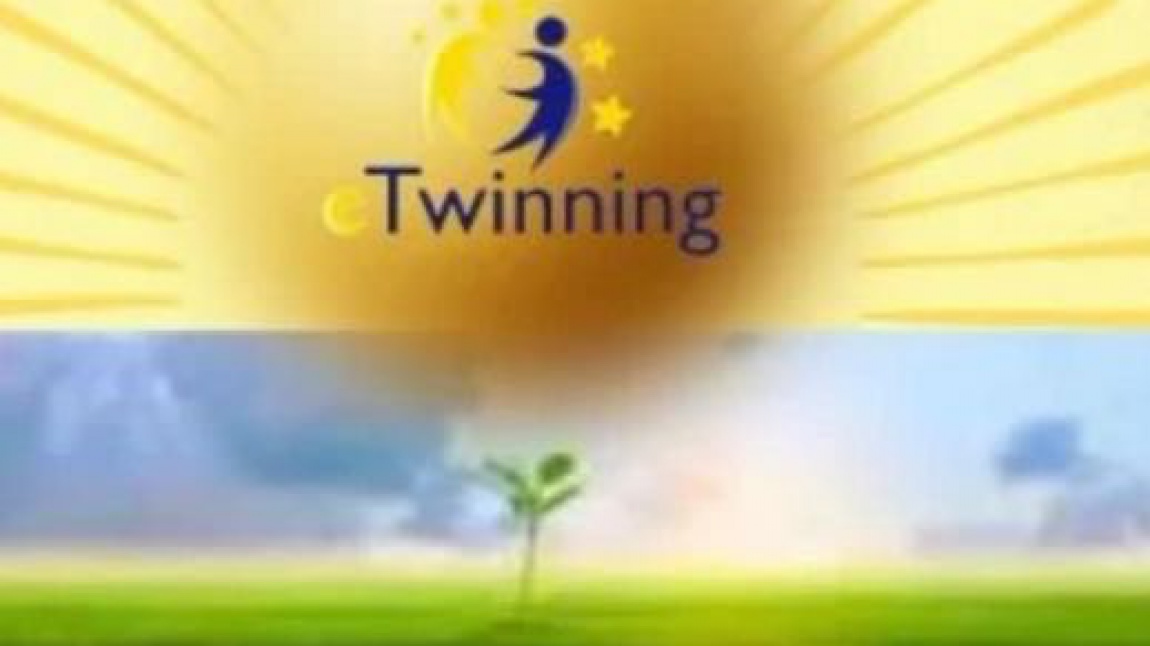
YOUNG VOLUNTEERS IN NATURAL DISASTERS
In the last few years we have witnessed many different natural disasters - the earthquake in Turkey, the hurricane in the village of Lavino (3 km from the town of Isperih), floods and fires in Bulgaria, Turkey, Greece and the world. C the geography and economics curriculum is provided in only one lesson, in which natural sciences are considered disasters. Not only the students, but also their parents do not know how to act in such situations. Many are needed classes for the preparation of young people and through them to inform their parents. Bulgaria is at the top of the the 2024 forest fire ranking produced by the European Forest Fire Information System (EFFIS). The commonality between Bulgaria, Turkey and Greece in terms of natural disasters is expressed in their geographical proximity and the similar natural risks to which they are exposed to earthquakes, floods, forest fires and the consequences of climate change. Each of the countries has its own specific challenges, but in overall, natural disasters and prevention and adaptation efforts in the region are similar. In this year the risk from the forest fires in the border areas was particularly large. The specific objectives are to increase preparedness to deal with natural disasters, reduce the vulnerability of schools and local communities to natural disasters, expanding the information sharing network and good practices for natural disasters, raising awareness about climate change and its implications and development of disaster management training materials and resources. Young volunteers are able to quickly get involved in emergency situations. They can be mobilized at short notice and are ready to perform various tasks - from clearing debris to distribution of aid. Their enthusiasm and physical endurance often make them key participants in field operations. They are often technically literate and can use new technologies that are important to disaster management – eg mobile applications for coordination, social networks for dissemination of information, and even drones to monitor the affected areas. Their knowledge in these areas helps to improving communication and rapid response during disasters. Young volunteers are active in social media and can quickly spread important information. This includes informing the local population for current risks, safety instructions, and support resources. This role is critical to reaching large groups of people who may not be in contact with official sources of information. Young volunteers often act as a liaison between victims and professional rescue teams. These goals are related to the priorities: social inclusion and sustainability, climate change and environmental sustainability and international cooperation.


